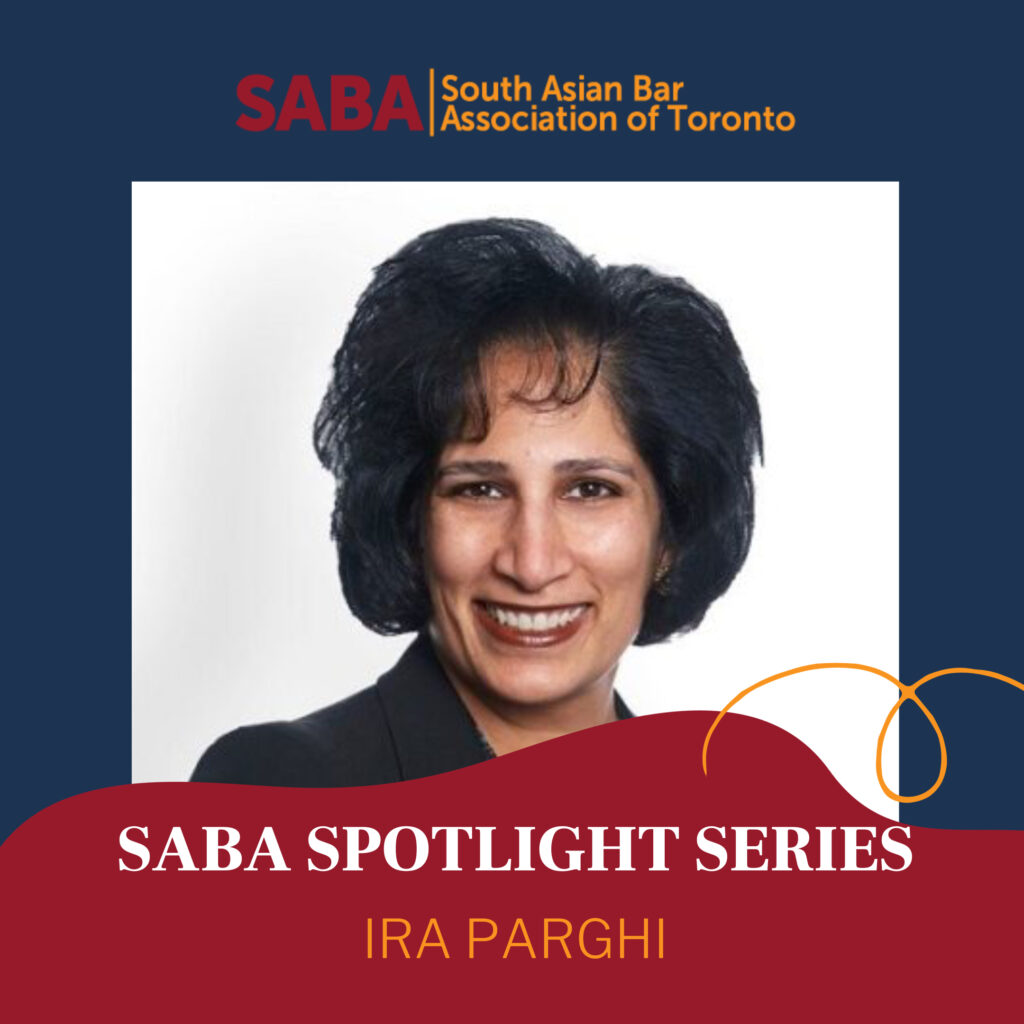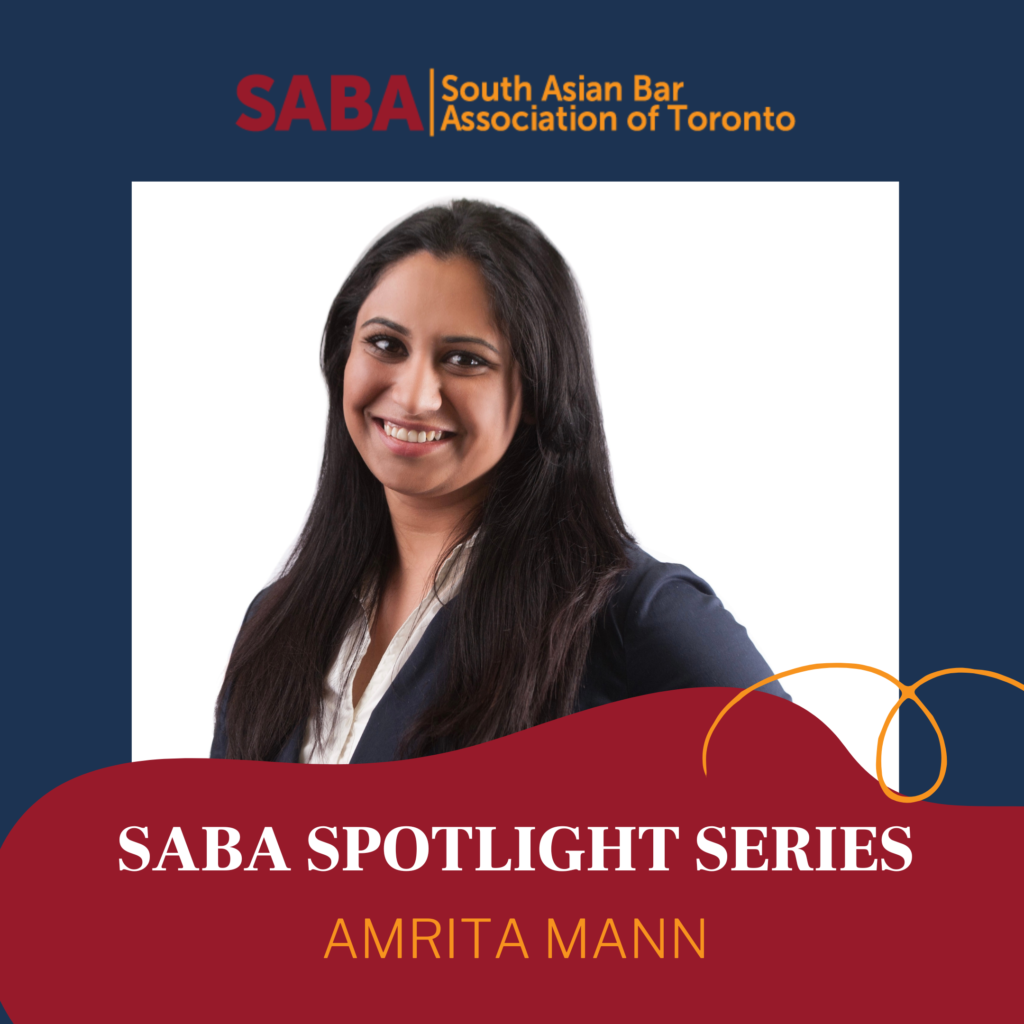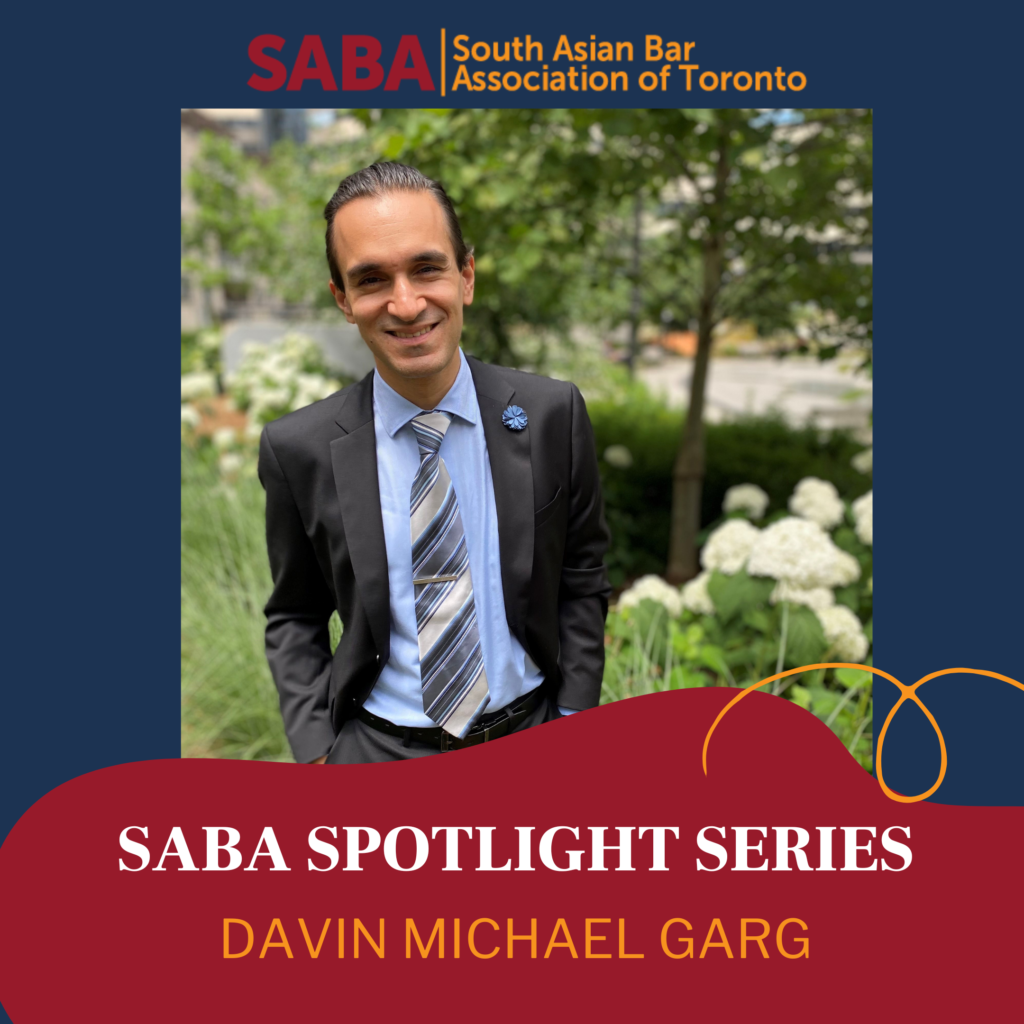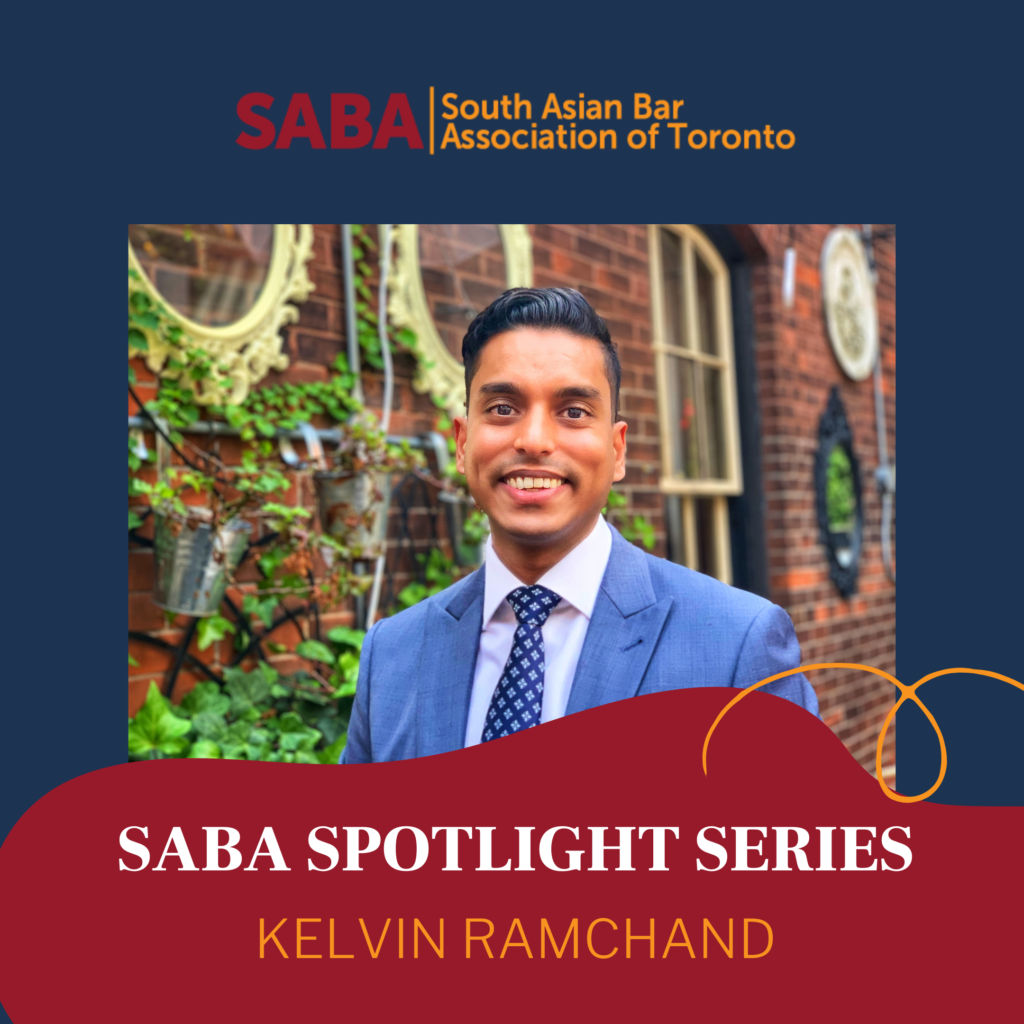TORONTO, ONTARIO – Today, more than 50 organizations, human rights advocates, and legal experts released an open letter urging all federal party leaders to commit to a public consultation on the notwithstanding clause within six months of forming a new government.
This is a critical moment for Canada’s democracy, and action is needed now.
For decades, the notwithstanding clause—Section 33 of the Canadian Charter of Rights and Freedoms—was rarely used. But in recent years, some provinces have used this clause to:
- Block education workers from striking;
- Ban some public employees from wearing religious symbols;
- Restrict services for non-French speakers;
- Prevent trans and non-binary youth from using their chosen names and pronouns without parental consent; and
- Arbitrarily limit third party political advocacy before elections.
This disturbing trend is gaining momentum. More and more politicians are signaling their willingness to use the notwithstanding clause to strip people of their rights.
People of Canada deserve a say in how their rights are protected. That’s why we’re calling on federal leaders to commit to a national conversation on the notwithstanding clause. Our constitutional rights depend on it.
The joint letter has been signed by:
Organizations:
1. Amnesty International Canada (English speaking)
2. Amnesty International Canadian (French-speaking)
3. Assembly of First Nations, 2SLGBTQIA+ Council
4. Black Legal Action Centre
5. Canadian Alliance to End Homelessness
6. Canadian Association of Refugee Lawyers
7. Canadian Civil Liberties Association
8. Canadian Union of Public Employees
9. Centre For Free Expression
10. Charter Committee on Poverty Issues
11. Colour of Poverty – Colour of Change
12. David Asper Centre for Constitutional Rights, University of Toronto
13. Democracy Watch
14. HIV & AIDS Legal Clinic Ontario (HALCO)
15. Ligue des droits et libertés
16. Mississauga Community Legal Services
17. National Council of Canadian Muslims
18. Ontario Coalition for the Rights of Homeless People
19. Ontario Council of Agencies Serving Immigrants (OCASI)
20. Open Media
21. Section 1
22. Social Rights Advocacy Centre
23. South Asian Bar Association of Toronto
24. South Asian Legal Clinic of Ontario
25. The 519 Church Street Community Centre
26. Waterloo Region Community Legal Services
27. Women’s Legal Education & Action Fund (LEAF)
Individuals:
28. Natasha Bakht, Professor, Faculty of Law, University of Ottawa
29. Stéphane Beaulac, Professor, Faculty of Law, University of Montreal
30. Peter L. Biro, Founder and President, Section 1, Senior Fellow, Massey College
31. Michèle Biss, Executive Director, National Right to Housing Network
32. Suzanne Bouclin, Professor, Faculty of Law, University of Ottawa
33. Lise Brun, Postdoctoral Fellow, Faculty of Law, Laval University
34. Diana Chan McNally, Community Worker and Fellow, Maytree
35. François Crépeau, Professor, Faculty of Law, McGill University
36. Éloïse Décoste, Professor, Faculty of Law, Civil Law Section, University of Ottawa
37. Martha Jackman, Professor Emerita, Faculty of Law, University of Ottawa
38. Michael Lynk, Professor Emeritus, Faculty of Law, Western University
39. Frédéric Mégret, Chaire Hans & Tamar Oppenheimer in Public International Law, McGill University
40. Karine Millaire, Professor, Faculty of Law, University of Montreal
41. Vrinda Narain, Associate Professor, Faculty of Law, McGill University
42. Rory Nisan, City and Regional Councillor, Deputy Mayor with Portfolio, and Chair, Ontario Coalition for the Rights of Homeless Peoples
43. Lukas Oakley, County of Brant Councillor
44. Debra Parkes, Professor & Chair in Feminist Legal Studies, Peter A. Allard School of Law, University of British Columbia
45. Bruce Porter, Executive Director, Social Rights Advocacy Centre, Maytree Fellow
46. Marion Sandilands, Professor, Faculty of Law, University of Ottawa
47. Penelope Simons, Professor and Gordon F. Henderson Chair in Human Rights, Faculty of Law, University of Ottawa
48. Andrea Talarico, Professor, Faculty of Law, Civil Law Section, University of Ottawa
49. Pierre Thibault, Deputy Dean and Secretary, Faculty of Law, Civil Law Section, University of Ottawa
50. Christopher Waters, Professor, Faculty of Law, University of Windsor
51. Margot Young, Professor, Allard School of Law, University of British Columbia
Selected Quotes:
“The growing use of the notwithstanding clause to trample civil liberties and human rights is a threat to our most basic rights and freedoms. Now is the time for federal political party leaders to listen to people of Canada’s concerns and to stand up for their rights.” – Anaïs Bussières McNicoll, Director of the Fundamental Freedoms program, Canadian Civil Liberties Association.
“We must always be vigilant to protect our freedom and liberties. It should never become a reality in Canada that the notwithstanding clause is used to deny someone due process or subject them to cruel and unusual punishment.” – Shakir Rahim, Director of the Criminal Justice Program, Canadian Civil Liberties Association.
“A more equitable and socially just society depends on strong constitutional protections for fundamental freedoms and human rights for all. The increasing willingness to compromise those rights and freedoms by invoking the notwithstanding clause puts our democracy at risk.” – James L. Turk, Director of the Centre for Free Expression at Toronto Metropolitan University.
“The Canadian Charter is an essential tool for the rule of law, not a burden or an obstacle like some governments have been depicting it in the last couple of years. All Canadians should be very concerned about the use of the notwithstanding clause, infringing on our rights and freedoms and overall weakening the Charter itself.” – Laurence Guénette, Coordinator, Ligue des droits et libertés.
“Optional rights are not rights at all. For the Charter to continue having meaning in an era of increasing polarization and social and economic turmoil, all level of government must respect and abide by the Charter’s text and its spirit.” – Matt Hatfield, Executive Director, Open Media
“When government restricts rights and freedoms in a free and democratic society, it has an obligation to justify the restriction on a standard that demonstrates a respect for the very rights in issue. The notwithstanding clause is being used to deprive aggrieved citizens of the ability to require any such justification from their governments. A constitution that fails to make the inherent dignity of each person a justiciable constraint on the exercise of public authority is not befitting that of a liberal democracy.” – Peter L. Biro, Founder and President, Section 1.
“2 Spirits were here long before there was a Canada and we have survived many attempts by Western religions and governments to erase us from our lands! This attack continues with governments using the Notwithstanding Clause to strip us of our rights given to us by the Creator. We need to have a serious discussion about this fundamental flaw of our Charter of Rights and Freedoms and how to protect the most vulnerable who suffer from it!” – Duane Aucoin, Chair, Assembly of First Nations 2SLGBTQIA+ Council.
The joint open letter can be viewed here.
About SABA
The South Asian Bar Association of Toronto is Canada’s largest equity-seeking bar organization, dedicated to promoting the objectives of South Asian members of the legal profession. SABA represents South Asian legal professionals and ensures that their interests are recognized, respected, and voiced with the Law Society of Ontario and various levels of provincial and federal government. SABA aims to unite its over 800 members, deliver programming for professional growth and advancement, promote access to justice, and give back to South Asian communities. Its membership is dynamic, ever-expanding, and includes legal professionals from large and small law firms, sole practitioners, government agencies/departments, non-profit organizations, and corporations. Members of the judiciary, academics, and law students also form an integral part of SABA Toronto.




















